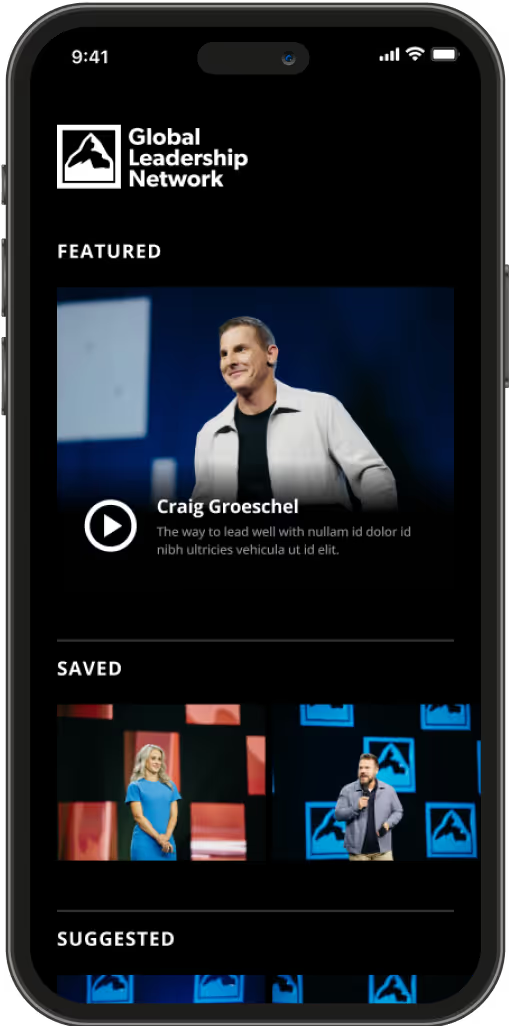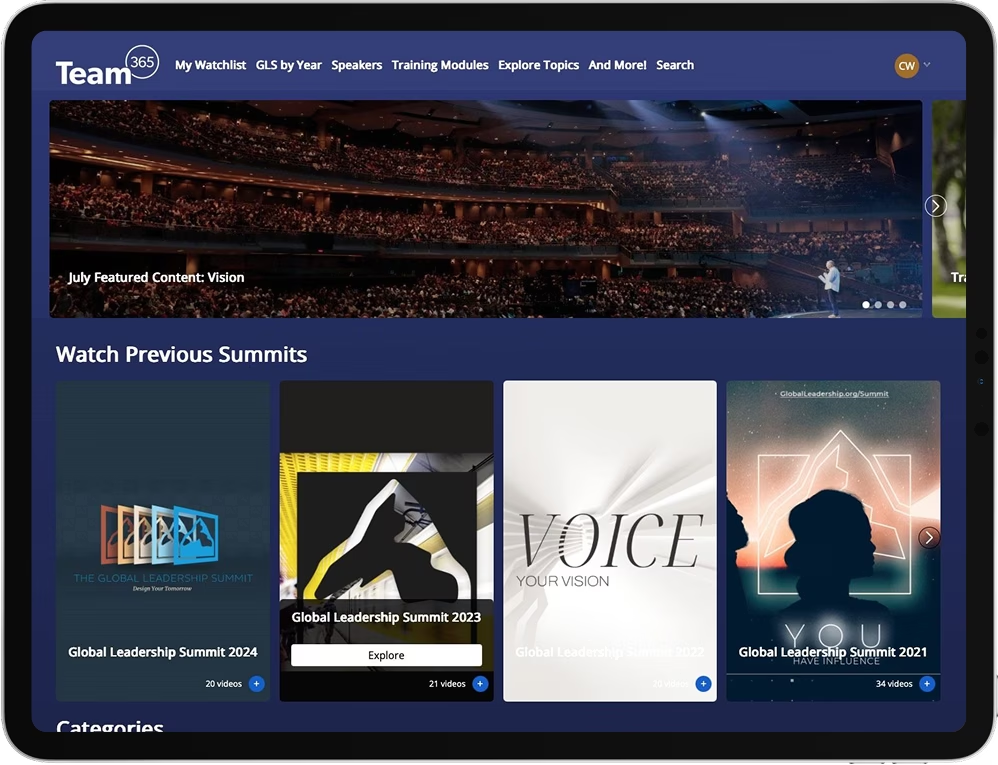Yesterday I spoke at the headquarters of a global bank, and during the Q and A following my talk, a Human Resources leader raised her hand to ask an important question that I hear all time. So, I thought I’d answer it here, and share with all of you.
Question:
I see many talented people who don’t get promoted, because they lack “executive presence.” How can I help them get to where they should be?
The best way to get rid of any discomfort or fear is to expose yourself to it, little by little, again and again, in a supportive setting.
Answer:
1. You don’t have to be great at presence. (You’re great at other things.) You just have to be good enough. Think of it on a scale of 1 to 10. You don’t have to be a 10; 6 should do the trick. You can get from a 2 to a 6, right?
2. The best way to get rid of any discomfort or fear is to expose yourself to it, little by little, again and again, in a supportive setting. Join Toastmasters. Attend religiously.
3. Presence, as Amy Cuddy observes in her seminal book of that title, is about bestowing awareness and attention on others. Once you get rid of the emotional clutter of worrying how you’re coming across, or feeling unentitled to take the spotlight, this should come pretty naturally.
4. Presence is also about confidence. This does not require you to be one of those naturally confident people at whom you may marvel. Just get into the habit of speaking from a place of conviction. Practice deciding what you think about things. Exercise this skill as you would any other muscle, even if you’re simply arriving at an opinion on the movie you watched last night. You can speak softly. People will hear the conviction in your voice.
5. Presence is also about energy. But you don’t have to display an amped-up energy. Inner energy comes through just as powerfully. Energy comes from passion. It comes from finding and acting from the things that light you up. So, try to find your passion source. If you can’t find it, think about changing jobs. Seriously.
Energy comes from passion. It comes from finding and acting from the things that light you up.
6. We all have physical tics we revert to when uncomfortable—running our hands through our hair, adjusting our tie. Body language experts call these “unconscious adapters.” Figure out and minimize your own unconscious adapters, just the way you strive to eliminate your “ums” and “ahs” from verbal conversation.
7. Of everything on this list, number 6 is the least important, because it’s an outward adjustment. The inner adjustments matter so much more.
This article originally appeared on Susan Cain-Quiet Revolution.
Related

How One Church Is Reshaping the Story of Its Town

50 Turn-Down Techniques You Can Use Today When Your Broken Soundtracks Get Loud

Narcissism vs. Humility in Leaders
.jpg)
Leading the Spark: 5 Books on the Intersection of Creativity and Leadership

“Thank You for Seeing Us as People”: Leadership and Hope Inside Graham Correctional Center

The Tech CEO who sold his home to live with the formerly homeless
Leadership That Lasts
Team365 isn’t just a platform. It’s a commitment to grow, lead and live with purpose — every single day. Whether you’re here for content, community or clarity, you’re in the right place. Your leadership matters. Let’s keep going.





